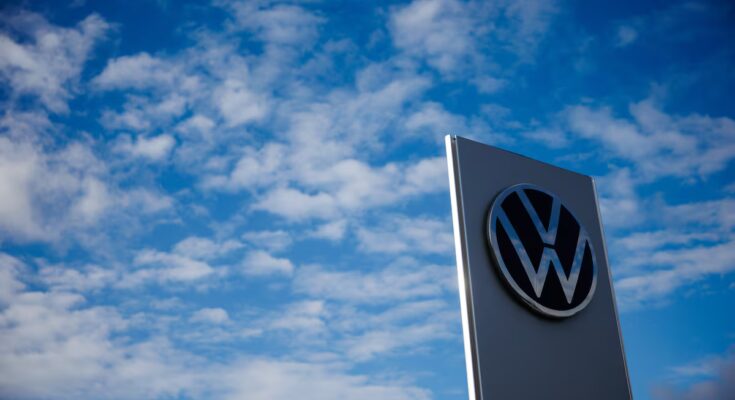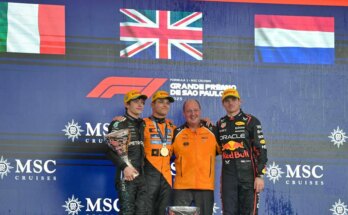The main cause for concern for European cars in recent months appears to be under control. China’s Ministry of Commerce said in a statement Sunday that it will apply exemptions to the export of Nexperia microchips intended for “civilian use.” In this way, the executive will start the sale in Europe of chips from this manufacturer, which was a supplier to a large part of the European automotive industry, including the Volkswagen group and the component manufacturer Bosch.
The crisis erupted at the end of September when the Dutch government intervened in Nexperia, a company based in the European country, but whose parent company, Wingtech, is Chinese. The Netherlands took this unexpected step under pressure from the United States, which had placed Wingtech on a trade blacklist in 2024 and this September intended to add companies in which it holds a majority stake, such as Nexperia. The United States had in its sights the general director of this chip manufacturer, Zhang Xuezheng, who was fired after the intervention of the Dutch government.
Subsequently, China suspended the shipment to Europe of these chips which are not very complex, but which are used in large quantities in the automotive industry in various parts of the car. The crisis has put the entire supply chain of a sector in check which is already going through a complex moment due to Donald Trump’s tariffs and the ruthless competition in the field of electric vehicles.
China’s Ministry of Commerce, in its statement on Sunday, welcomed the European Union’s efforts to correct the Dick Schoof-led executive’s “erroneous” practices that have infuriated the Chinese administration. On Friday, Schoff himself, as part of the climate summit in Brazil, COP 30, said in an interview that China would resume shipments of Nexperia semiconductors, which seemed to be called into question by statements from the Chinese Ministry of Commerce the following day: “So far, the Netherlands has not taken concrete measures to stop infringing the legitimate rights and interests of Chinese companies and restore the stability and security of the global semiconductor supply chain.”
Subsequently, on Saturday itself, the European Commissioner for Trade, Maros Sefcovic, already approved the agreement between the parties. This crisis had put giants like Bosch on the ropes, which had reported that it would have to apply reductions in working hours due to the cut in supply. Volkswagen, for its part, had to look for alternatives to avoid stopping its European factories.



